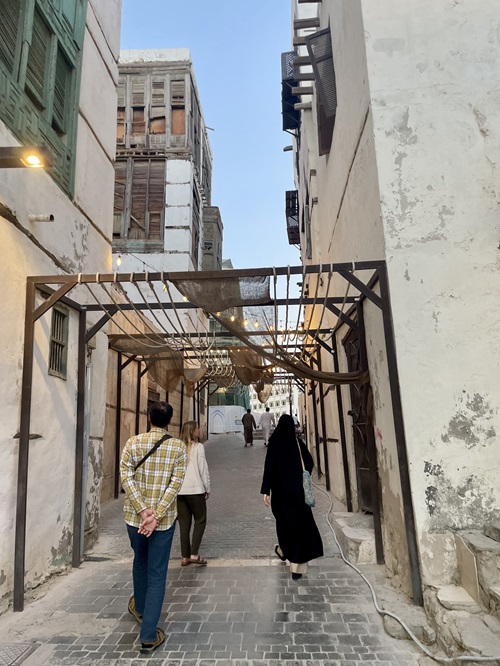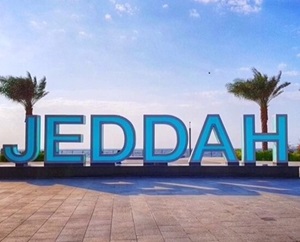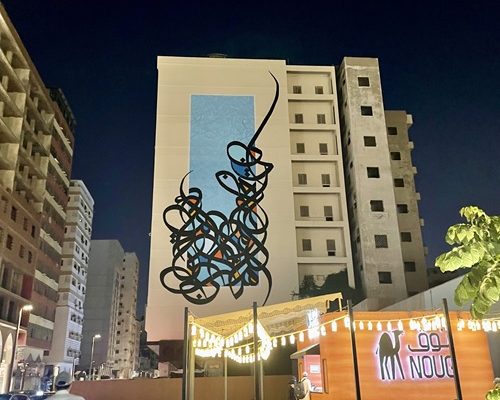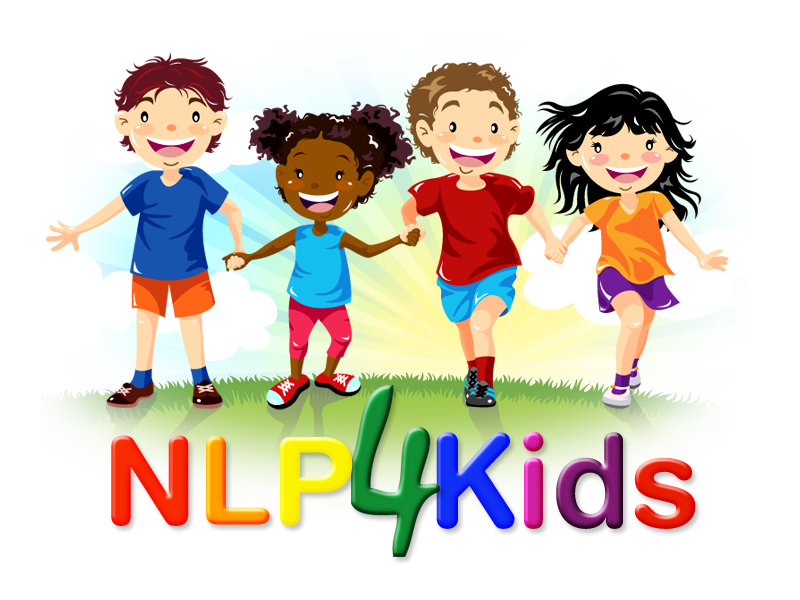Reflections of Jeddah
Delivering a Five-Week NLP Training Program to a High-Net-Worth Family in Saudi Arabia

Sitting in the Isle of Man on a decidedly autumnal day with the mercury only just touching 12 degrees, its hard to believe that less than a month ago, I was finding ways to cope with 45 degree heat in the outstandingly beautiful city Jeddah, a gateway for pilgrimages to the Islamic holy cities of Mecca and Medina.
Looking back barely a month later, my time in Jeddah feels like it was a lifetime ago. My life in the Isle of Man and my experiences in Jeddah are so vastly different from one another that it isn’t surprising that, now that I am back home, Saudi Arabia feels like a ‘distant memory’. However, delivering a five-week Neuro- Linguistic Programming (NLP) training program to four children from a high-net-worth family in Saudi Arabia was a unique and transformative experience that I will never forget.
This article reflects on the challenges, successes, and personal insights gained throughout this enriching journey.
Understanding the Context and Setting the Scene
From the receipt of the brief for this assignment, it was clear that this training program would require a delicate balance of cultural sensitivity, personalised content, and a high level of professionalism. The family, belonging to Saudi Arabia’s upper echelons, place a premium on education and personal development, and they were particularly interested in using NLP to enhance their children’s communication skills, emotional intelligence, and self-confidence. This was an intriguing proposition for me, as it required adapting NLP principles to suit not only young minds but also the cultural and social dynamics of the region.
Before beginning the program, I invested time in understanding the family’s expectations, the children’s individual learning styles, and the broader cultural context. The children, aged between 8 and 14, each had unique personalities and learning preferences. Their parents wanted a program that was not only effective but also engaging, fostering a sense of curiosity and joy in learning.

Crafting a Tailored Learning Experience
The training program was designed with a focus on core NLP4Kids concepts such as rapport building, sensory acuity, and the use of language to shape thoughts and behaviours. However, to engage the children effectively, I incorporated a range of interactive activities, games, and storytelling techniques. For example, to teach the concept of “anchoring” — a key NLP4Kids technique that involves creating a mental association to evoke a desired state — I used simple everyday scenarios, like associating a confident posture with the feeling of success.
Cultural adaptation was paramount. In Saudi Arabia, where social norms and traditions are deeply rooted, it was essential to approach sensitive topics such as self-expression and communication with respect. Instead of challenging these norms, I looked to integrate NLP concepts in ways that aligned with the family’s values. For instance, discussions around goal setting were framed in terms of personal growth and contribution to the family and community, resonating with the collectivist culture prevalent in the region.


Challenges Encountered
One of the primary challenges was managing the varying levels of engagement and understanding among the four children.
The youngest child, at 8, had a shorter attention span and required more interactive and dynamic activities to maintain focus, while the eldest, at 14, was more introspective and preferred deeper discussions and reflective exercises.
Balancing these needs within a single program required continuous adjustment and improvisation. Another challenge was the language barrier. While the children are highly proficient in English, their primary language is Arabic. To address this, I incorporated visual resources and ensured that the language and vocabulary that I used when explaining techniques was pitched at the correct level to ensure the children’s understanding and comprehension of the subject we were working on. I was also able to integrate third party resources such as the children’s Nanny who was always on hand and ready to help me explain nuances that I perhaps found tricky to convey. This not only enhanced comprehension but also allowed the children to express themselves more freely and authentically.
Due to the dynamic and ever-changing nature of the family, for a large proportion of the year, the children are educated privately by 1-2-1 tutors. During my time in Jeddah, I was able to engage with several of the individuals responsible for delivering the children’s education. Through a process of consultation, assessment and detailed discussion, I was able to obtain by-in from these educators in respect of the value of NLP in the children’s day-to-day lives. NLP is most effective when it is reinforced and supported by a child’s wider network, so being able to obtain the buy- in of the children’s educators was invaluable to me and the success of the program. As a result of this success, it is intended that in the near future, I will undertake NLP4Teachers training with the children’s private tutors.

My time in Jeddah was not without its challenges, fortunately humour is a universal way to overcome challenges, and this was no exception with these children who all had a great sense of humour. Throughout the five weeks, there were times when they had me in stitches which dissolved any challenges in an instant.
One particularly amusing incident occurred with the middle child. We were researching a specific topic she was interested in, and I went to log on to YouTube, in the browser I typed You Tube. In the typical fashion of a 12-year-old that I’m sure most parents have experienced at some point, she rolled her eyes at me and said, “Miss Michelle, you have just shown your age, there’s no space in YouTube. The only thing you could have done that was worse than that, was if you put ‘the’ in front of it”. Humour is one of the quickest ways to build rapport with someone and I relied on humour throughout my time with the children which helped form a lasting bond.

Breakthrough Moments and Successes
Despite the challenges, there were several breakthrough moments that made the experience profoundly rewarding. One such moment was when the eldest child, who initially appeared reserved and hesitant to participate, began to open-up during a session on the power of positive language patterns. He shared his fears and aspirations more openly, using the techniques we had previously discussed to reframe negative thoughts into positive affirmations. This marked a turning point, not just for him, but also for his siblings, who began to see the value of NLP in their everyday interactions.

Another success was seen in the youngest child, who initially struggled with maintaining focus. By using more engaging methods such as role-playing and physical activities, we managed to channel his energy into productive learning. By the end of the program, he demonstrated a noticeable improvement in his ability to actively listen and respond thoughtfully.
Personal Insights and Reflections
This experience reinforced the idea for me that teaching is not a one-size-fits-all endeavour. It requires empathy, adaptability, and a deep understanding of the learners’ needs. Working with a high-net-worth family also highlighted the importance of discretion, trust, and respect for privacy, as these families often value their seclusion and have specific expectations regarding professionalism.
Moreover, the experience deepened my appreciation for cultural diversity. Saudi Arabian society, with its rich heritage and strong traditions, offers unique opportunities and challenges for any educational endeavour. Navigating these complexities helped me grow as a trainer and enriched my understanding of how NLP principles can be applied in diverse cultural contexts.

Conclusion
Delivering the five-week NLP training program to the four children in Saudi Arabia was more than just a professional assignment; it was a journey of mutual learning and growth. The challenges of language barriers, varied learning styles, and cultural nuances were far outweighed by the moments of connection, understanding, and breakthrough. By the end of the program, I saw four young individuals more equipped to understand themselves and others, and more confident in their ability to communicate effectively. This experience reaffirmed for me the universal value of NLP and the power of tailored, culturally sensitive education in fostering personal development.
If this article piques your interest in how NLP can help transform you or your organisation, please get in touch with me to discuss your own specific training requirements and, as with the Saudi Arabia opportunity, I will tailor a training program that meets all of your needs and delivers a deeply rewarding and beneficial program.



Leave a Reply